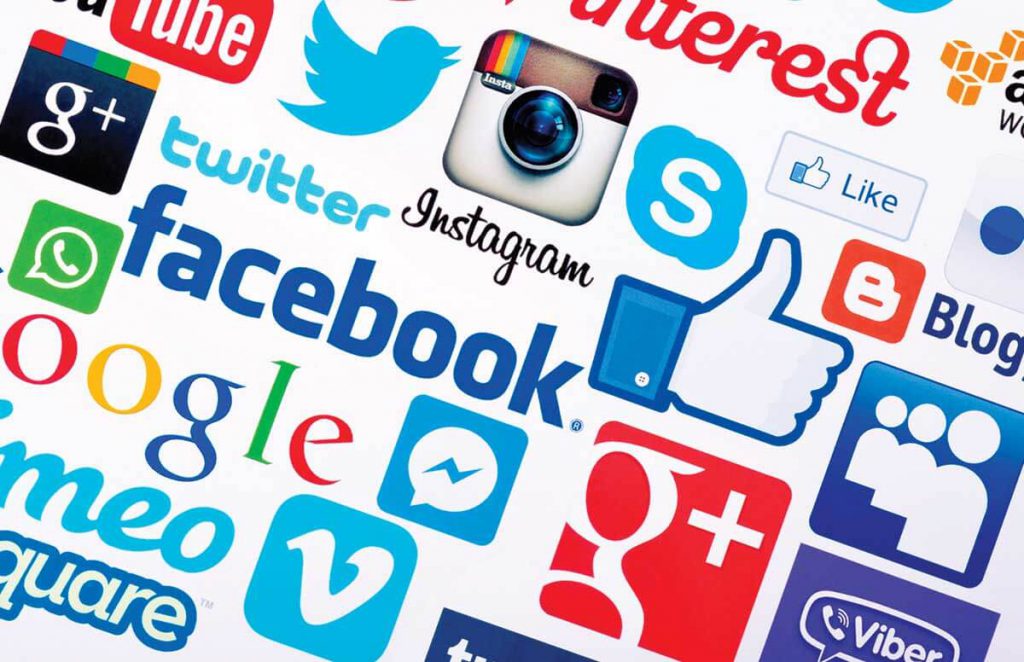
World Mental Health Day is a day of global mental health awareness and education, which aims to eliminate the stigma behind mental health. Life, as we all know, can be difficult and these problems can arise and affect many of us in a whole range of ways. How our bodies cope with this can have different effects on our mind and soul. Before we judge one another be mindful of what that person may have gone through, what wars they may have battled and what obstacles they may have overcome or maybe overcoming. It’s time to leave our judgmental thoughts and started looking after each other. The world we live in today faces too much animosity and hostility. We must all learn to love and get along with one another, we all live in one world – it’s time we became one and start working together.
Mental Health in the UK

Around one in four people in the UK will suffer from mental health issues each year, while only one in eight people are receiving treatment for mental health. One in six people in England each week suffer from a common mental health issue such as depression and anxiety.
A total of 70.9 million prescriptions for anti-depressants were given out in England in 2018 by the NHS. This is an increase of 3.4 million from 2017 to 2018. From 2015 to 2018 the number of prescriptions for anti-depressants for young people increased by almost 1 million! From these figures, it is clear to say mental health is an issue which is rising in the UK.
Causes of mental health issues
Mental health issues can affect people for a wide range of reasons. Trauma, loss, isolation, abuse, unemployment and the list keeps going. For many individuals, it’s a various combination of factors/experiences which have lead to negative outcomes. Yet everyone is different, one person’s mental stability will have different variances to what they are more tolerant of than others.
Social media
Over the last decade, social media has grown dramatically making each and every one of us more connected than we ever have been. Developing relationships which are halfway around the world is now a reality. On average a person in the UK checks their phone 28 times per day! It often makes me think what has the world come to, is this right? or is this wrong? or is this just the world we live in today and this is merely just evolution?
Implications of social media
The bottom line is that social media can have a detrimental effect on our mental health. Especially on the younger generation. Who are almost dependable on their mobile device, almost feeling lost without it. I know myself only being 20 that I do find it hard to break away from my device, I’m not proud of this and I do wish I could separate away more easily. Essentially social media is minimizing the human connections we make with one another. Limiting our social and communication skills in the real world because our heads are buried way beneath endless tweets and trending hashtags. Taking us away from the real world and keeping us trapped in virtual reality. Where we only care about our virtual selves and how others view us on various social platforms.
Low self-esteem is something young people suffer with when scrawling down photoshop perfect Instagram profiles. Where the immaculate and perfect image is captured – after hours upon hours of makeup editing and light adjustments! A study found people suffer from envy and self-doubt, as a result of comparing their own lives to those which are deemed to have the perfect lavish lifestyles we apparently all crave.
This leads me to say that it’s no wonder that social media is leading to unhappiness in people if used without caution. Causing anxiety and depression. We’re in a constant battle with ourselves to be better than everyone else, to look and dress the best, when really we should be happy and comfortable in our own skins. However many of generation Z have realised their infatuation with their smartphones and social media and have begun to quit various platforms. In an attempt to restore their mental health.
Volunteering and Mental Health

Volunteering can significantly boost your mental health and well-being. Mental and emotional well-being was found to be better in those who volunteer frequently, and worse in those who didn’t offer their help in any form. Recently universities in Birmingham and Southampton conducted a survey of 5,000 households across the UK. Those that volunteered regularly scored six per cent higher on the health and wellbeing.
Older generations
Voluntary work done by those over the age of 65 is set to be worth £5bn more in 2020 than it was in 2010. Volunteering provides a purpose and meaning, especially to older people who may find themselves more isolated than they used to be. Allowing them to build a social network of friends in which they can meet up with on a regular basis improving the well-being of the volunteer. The association is simple, the higher your well-being the more inclined you will feel to help others. Vice versa, the more you help others the higher your state of well-being.
Unemployed
Those in unemployment tend to have lower self-esteem and mental health. Without employment, people find it hard to motivate themselves for the day ahead. They have no structure, paid income, and feel they have less of an identity. Voluntary work will be able to benefit someone who is unemployed, helping them regain structure in life. Although the work is unpaid and will not be able to replace that aspect, it still gives people meaning and purpose.
Employers are more likely to employ someone has done voluntary work, over someone who has not. Volunteering allows you to acquire skills and knowledge which can be put to good use in employment, demonstrating higher levels of productivity as a potential employee. Also, it’s not just about what you know, it’s who you know to get you in the front door! Volunteering allows people to network giving them the opportunity to meet people they may never have met before, which could lead to great employment opportunities further on.
On a final note
As many of you already know TeamKinetic is a strong believer in volunteering and all the good in which can come from volunteering. But today the most important message of all is to be aware of mental health issues globally. If you suffer from mental health issues seek help and seek advice, don’t be afraid to talk to.
See below specialist mental health services.

The Samaritans offer emotional support 24 hours a day, in full confidence. Call 116 123 or email jo@samaritans.org.

Mind provides information on a range of mental health topics to support people in their own area from 9.00 am to 6.00 pm, Monday to Friday. Call 0300 123 3393 or email info@mind.org.uk.

Anxiety UK runs a helpline staffed by volunteers with personal experience of anxiety from 9:30-5:30, Monday to Friday. Call 08444 775 774.

MindEd is a free educational resource on children and young people’s mental health for all adults.












